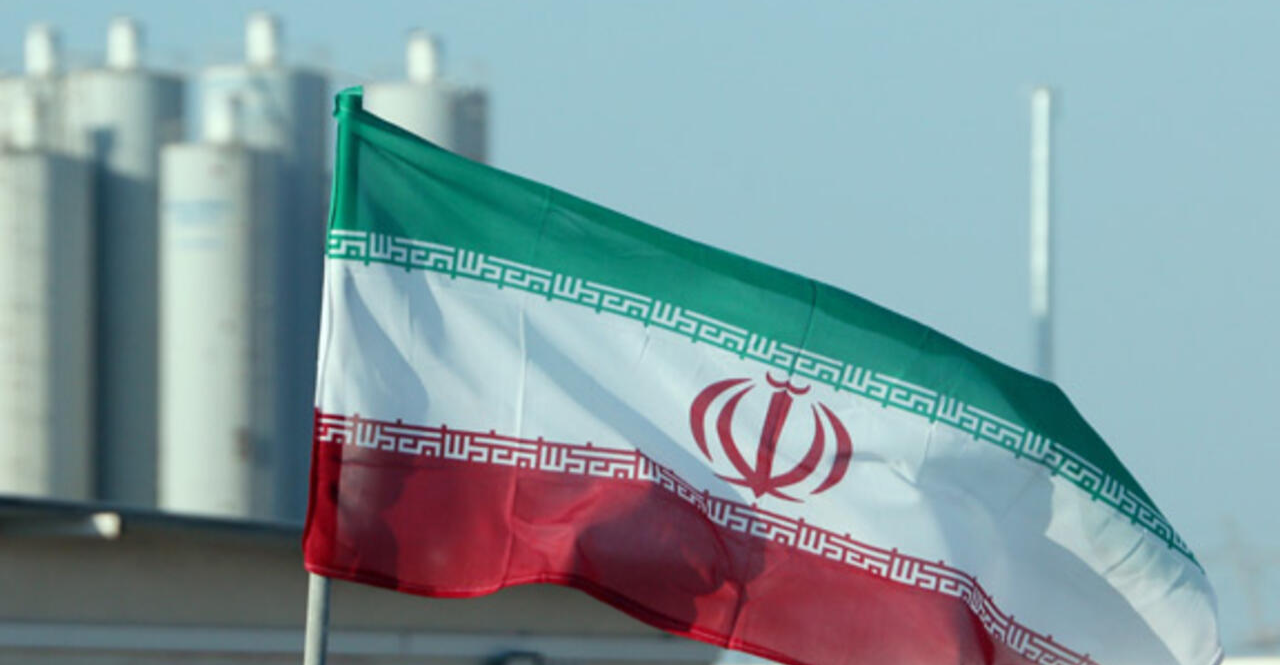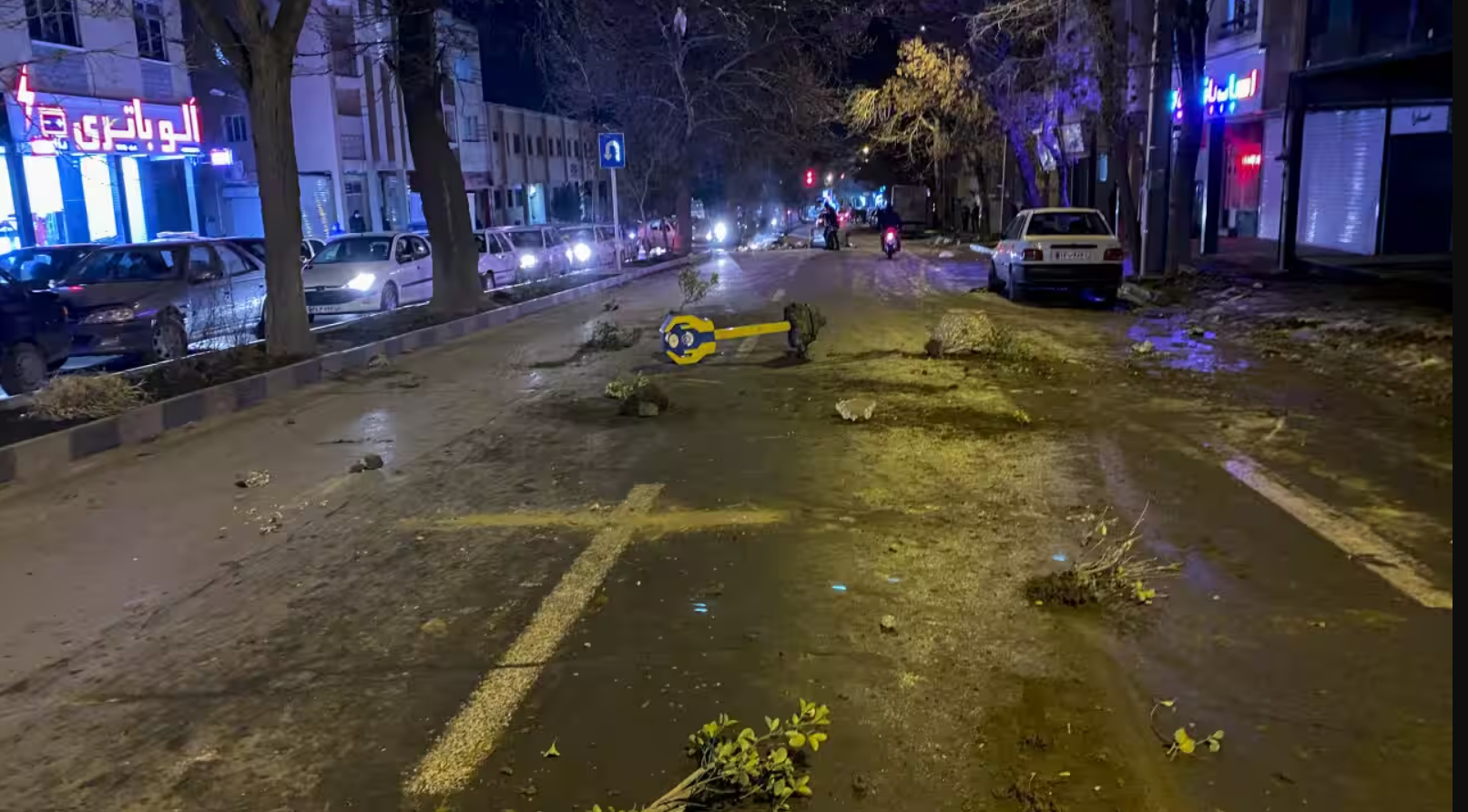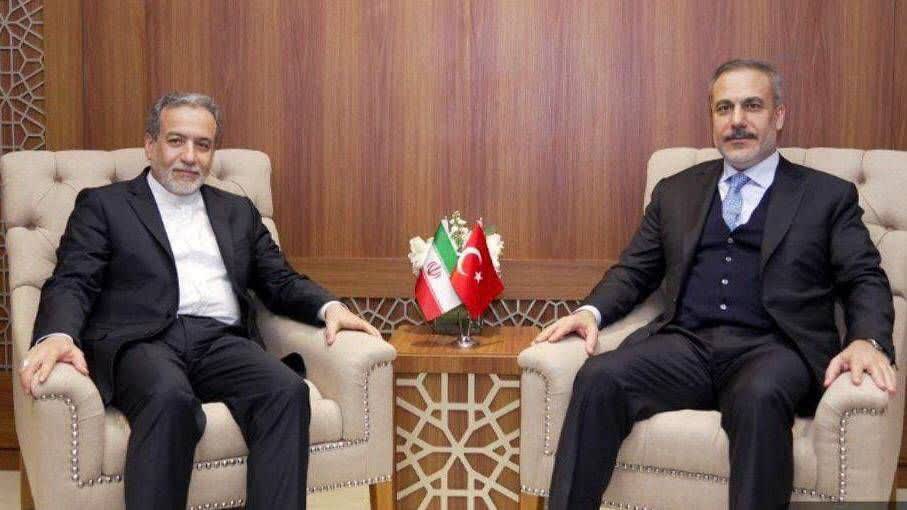A one-day visit by Massimo Aparo to Tehran took place under circumstances in which relations between Iran and the IAEA had reached a critical point following the controversial June report and coordinated U.S.-Israeli attacks; Tehran is demanding new rules, security guarantees, and the reform of the agency’s procedures.
Tehran – Iran View 24
For the first time since the U.S. and Israeli military attacks on Iran’s nuclear facilities during the 12-day imposed war, a senior official of the International Atomic Energy Agency visited Tehran yesterday. Massimo Aparo, the IAEA Deputy Director General, arrived on Monday, August 11 (20 Mordad) for a one-day trip, met with senior officials of the Islamic Republic, and returned to Vienna the same night.
According to Kazem Gharibabadi, Deputy Minister for Legal and International Affairs at the Ministry of Foreign Affairs, the main focus of these discussions was to examine “the modality of engagement with the Agency under the new circumstances.” He stressed that Iran had formally and seriously protested “the Agency’s failure to fulfill its legal responsibilities” regarding the recent attacks on the country’s nuclear facilities, and demanded the “correction of improper practices” by this body.
Rebuilding relations after the crisis
Tehran–IAEA relations entered a crisis stage following the release of the Agency’s latest report in June, which led to the Board of Governors issuing a resolution against Iran. This report effectively paved the way for coordinated actions by the United States and Israel against Iran’s nuclear centers. The Agency’s failure to condemn these attacks or take any supportive measures during the conflict severely damaged its credibility in Tehran’s view.
In response, the Islamic Republic initiated measures to compel the Agency to uphold reciprocal commitments. These included the temporary suspension of some IAEA inspectors’ missions and the adoption of an urgent bill by the Islamic Consultative Assembly requiring that continued cooperation with the Agency be subject to approval by the Supreme National Security Council. These developments signaled Iran’s insistence on a complete redefinition of its cooperation framework with the Agency.
New rules for new circumstances
Experts view Aparo’s visit as an effort to break the post-war deadlock in relations. Tehran insists on “safe, transparent inspections under new conditions” — conditions that ensure mutual respect and security guarantees. According to Majid Takht-Ravanchi, Deputy Foreign Minister for Political Affairs, “Following the attack on Iran’s nuclear facilities, it is essential to establish specific and binding conditions for cooperation with the Agency.”
This latest meeting can be seen as the first practical step toward rebuilding trust. Iran’s experience shows that improving relations with the Agency cannot be achieved through general statements alone; it requires concrete, mutual commitments backed by a “precise roadmap” that both guarantees Iran’s nuclear rights and addresses the Agency’s technical claims and those of certain Western countries.
This roadmap includes several key points:
-
Obtaining written, official guarantees from the Agency affirming full impartiality and prohibiting the political use of technical information.
-
Securing assurances of the Agency’s commitment to protecting Iran’s nuclear facilities and related human resources against potential terrorist or sabotage actions.
-
Drafting a cooperation protocol that clarifies inspector access within mutually agreed domains.
-
Implementing reciprocal commitments in stages, with the option of immediate suspension in case of violations.
A test of the IAEA’s commitments
Aparo’s visit was not an ordinary event but rather a test of the IAEA’s adherence to the principles of the non-proliferation regime and its responsibilities toward the security of its member states. The key question is whether the Agency can restore lost trust and keep the path of engagement open by rectifying its past performance.
Meanwhile, reclaiming decision-making authority on nuclear issues from Western dominance is a serious necessity. The three European countries — the UK, France, and Germany — have set an end-of-August deadline for a new agreement and threatened to trigger the “snapback mechanism,” while assuming the role of arbiter despite lacking legitimate authority to determine international matters. Legally, any decision regarding economic sanctions must be taken within international institutions, not based on unilateral political maneuvering by Western governments.
The history of such policies has reinforced the skepticism of independent states — including Iran — toward institutions like the IAEA, seeing them as tools serving Western political agendas. Accordingly, adopting a “step-by-step” policy may be the only realistic approach to safeguarding Iran’s technical and legal interests while preventing the recurrence of similar crises in the future.






